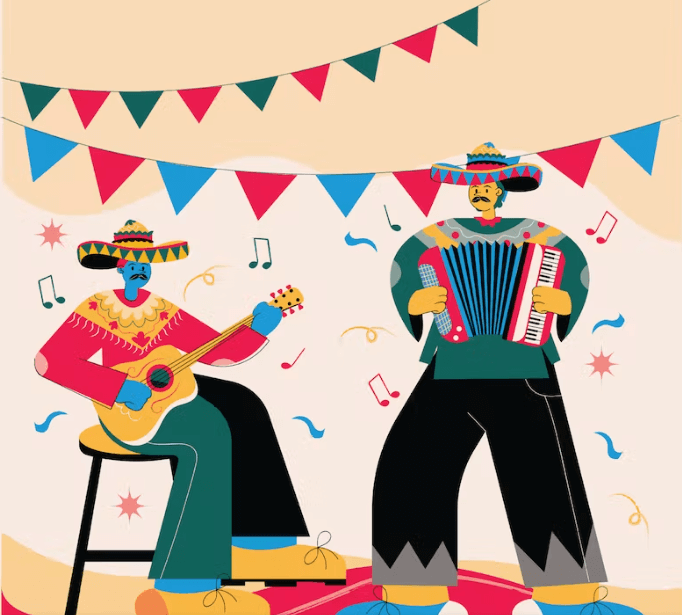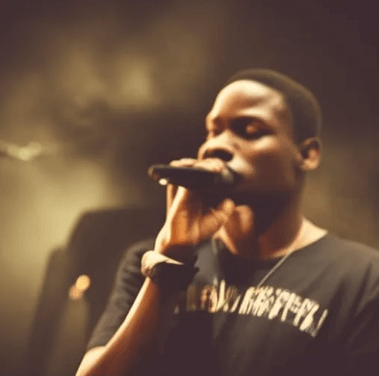The Role Of Music In Social And Political Movements

Music has the ability to bring people together and to inspire them to take action. In times of social and political upheaval, songs can serve as a rallying cry, providing a common message and a sense of unity among those fighting for change.
In the early 20th century, protest songs were a driving force in the labor movement, with workers singing songs about their struggles and injustices on the job. These songs served to unify workers and to draw attention to their cause. One of the most famous protest songs of this era is “Solidarity Forever,” written by Ralph Chaplin in 1915. The song, which became an anthem for the labor movement, celebrates the power of solidarity and the importance of standing together in the face of oppression.
As the Civil Rights movement gained momentum in the 1960s, protest songs once again played a vital role in bringing people together and inspiring them to fight for change. Songs like “We Shall Overcome” and “A Change is Gonna Come” became anthems for the movement, with their powerful lyrics and stirring melodies serving as a call to action for those fighting for racial justice.
In recent years, music has continued to play a crucial role in social and political movements. From the Black Lives Matter movement to the fight for LGBTQ+ rights, contemporary activists have used music to amplify their voices and to bring attention to their causes. In 2019, for example, singer-songwriter Billie Eilish released the song “All the Good Girls Go to Hell,” which addresses the urgent need to address climate change and the destruction of the planet.
Music has also been used as a means of resistance against oppressive regimes. In the 1980s, for example, punk rock and other forms of underground music provided a space for young people in the Soviet Union to express their dissent and to resist the state’s control over their lives. Through their music, these artists were able to subvert the state’s censorship and to share their messages of resistance with a wider audience.
Furthermore, music can be a powerful tool for raising awareness about important issues and for bringing attention to marginalized groups. Contemporary activist anthems, such as “Formation” by Beyoncé and “This is America” by Childish Gambino, use their music to highlight issues of racial injustice and police brutality, bringing these issues to the forefront of public discourse.
the Vietnam War also saw a surge of protest music, with artists using their songs to express their opposition to the war and to support the anti-war movement. Many of these songs, such as “Blowin’ in the Wind” by Bob Dylan and “Fortunate Son” by Creedence Clearwater Revival, became anthems for the movement, with their powerful lyrics and melodies capturing the frustration and anger of those opposed to the war.
In addition to expressing opposition to the war, protest songs from the Vietnam era also shed light on the human cost of the conflict, bringing attention to the experiences of soldiers and civilians affected by the war. For example, the song “The Night They Drove Old Dixie Down” by The Band tells the story of a Confederate soldier who returns home to find his family and community in ruins due to the Civil War. The song, which was written in response to the Vietnam War, highlights the devastating effects of war on individuals and communities.
The protest songs of the Vietnam War era played a crucial role in bringing attention to the war and in supporting the anti-war movement. Through their powerful lyrics and melodies, these songs served to inspire people to take action and to resist the continuation of the war.


